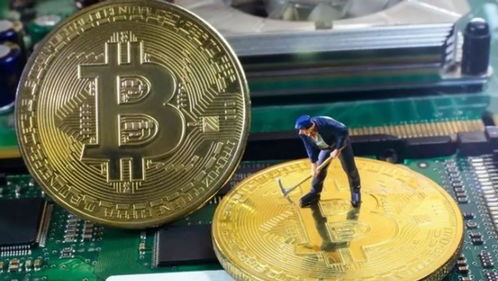来源:小编 更新:2024-11-13 03:00:16
用手机看

Bitcoin, a decentralized digital currency, has been making waves across the globe since its inception in 2009. Created by an anonymous entity known as Satoshi Nakamoto, Bitcoin has revolutionized the way we perceive and use money. This article delves into the concept of Bitcoin, its functions, and the varying attitudes of different countries towards this innovative digital currency.

Bitcoin is a cryptocurrency, which means it is a digital asset designed to work as a medium of exchange that uses strong cryptography to secure transactions, control the creation of additional units, and verify the transfer of assets. Unlike traditional fiat currencies, Bitcoin operates on a decentralized network called the blockchain, which is a public ledger that records all transactions in a secure, verifiable, and permanent way.
Tags: Bitcoin, cryptocurrency, blockchain, digital currency

Bitcoin serves several functions, making it a versatile digital asset:
Medium of Exchange: Bitcoin can be used to buy goods and services online and in some physical stores, just like any other currency.
Store of Value: Bitcoin can be held as an investment, with its value potentially increasing over time, similar to gold or other precious metals.
Unit of Account: Bitcoin can be used to measure the value of goods and services, as its price is constantly fluctuating.
Tags: Bitcoin functions, medium of exchange, store of value, unit of account

The reception of Bitcoin varies significantly across different countries, with some embracing it wholeheartedly while others remain cautious or outright reject it.
Pro-Bitcoin Countries
Several countries have shown a positive attitude towards Bitcoin, recognizing its potential as a digital currency and investment opportunity:
El Salvador: In 2021, El Salvador became the first country to recognize Bitcoin as legal tender, allowing its citizens to pay taxes and receive salaries in Bitcoin.
Malta: Malta has positioned itself as a hub for blockchain and cryptocurrency companies, attracting numerous startups and investors.
Thailand: Thailand has been actively exploring the use of blockchain technology and cryptocurrencies in various sectors, including finance and healthcare.
Tags: El Salvador, Malta, Thailand, Bitcoin adoption
Cautious or Skeptical Countries
Many countries have adopted a cautious approach towards Bitcoin, either due to concerns about financial stability, security, or the potential for money laundering:
China: China has been actively cracking down on Bitcoin mining and trading, considering it a threat to its financial system and a potential conduit for illegal activities.
Russia: Russia has been exploring the possibility of creating its own digital currency, but has not yet fully embraced Bitcoin.
United States: The U.S. government has been monitoring Bitcoin closely, with some states implementing regulations to protect consumers and prevent financial crimes.
Tags: China, Russia, United States, Bitcoin regulation

Bitcoin has become a significant player in the global financial landscape, challenging traditional banking systems and reshaping the way we think about money. While its future remains uncertain, the growing interest in and adoption of Bitcoin by various countries highlight its potential as a digital currency that could change the world.
Tags: Bitcoin, global financial landscape, digital currency, future of Bitcoin